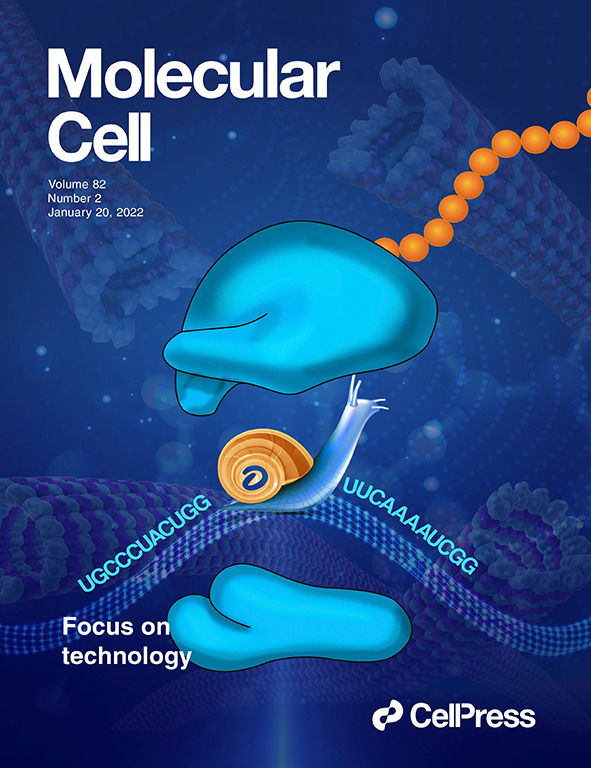植物合成生物学启动子和终止子的鉴定与应用。
IF 6.5
3区 生物学
Q2 BIOCHEMISTRY & MOLECULAR BIOLOGY
引用次数: 0
摘要
植物合成生物学是生物信息学、计算基因电路设计和植物科学相结合的新兴领域。它有可能应用于各个领域,包括生产药品、疫苗、生物燃料和各种生物材料,包括植物天然产物(PNP)。本文综述了近年来植物合成生物学的研究进展,特别是启动子和终止子等在基因精确表达调控中起重要作用的生物组分的开发和应用。此外,本文还阐述了基因金字塔构建所必需的双向启动子的鉴定和利用,以及维持启动子和终止子组合平衡对转基因表达稳定性的重要性。此外,本文还讨论了利用ATAC-Seq和STARR-Seq对启动子进行大规模鉴定,以及基于深度学习的启动子区域及其转录活性预测模型。本文综述了生物载体在植物合成生物学中的识别和应用,以实现高效、精确的基因调控。本文章由计算机程序翻译,如有差异,请以英文原文为准。
Identification and application of bioparts for plant synthetic biology
Plant synthetic biology is an emerging field that combines bioinformatics, computational gene circuit design, and plant science. It has the potential to be applied in various areas, including the production of pharmaceuticals, vaccines, biofuels, and various biomaterials, including plant natural products. This review highlights recent advancements in plant synthetic biology, particularly in the development and application of biological parts such as promoters and terminators, which play a crucial role in precise gene expression regulation. Furthermore, this review clarified the identification and utilization of bidirectional promoters, which are essential for gene pyramiding, and the significance of maintaining a balance between promoter and terminator combinations for the stability of transgene expression. Furthermore, large-scale identification of promoters using Assay for Transposase-Accessible Chromatin using sequencing and Self-Transcribing Active Regulatory Region sequencing, as well as deep-learning-based models for predicting promoter regions and their transcriptional activity, are discussed. This review provides insights into the identification and application of bioparts in plant synthetic biology to achieve efficient and precise gene regulation.
求助全文
通过发布文献求助,成功后即可免费获取论文全文。
去求助
来源期刊

Molecules and Cells
生物-生化与分子生物学
CiteScore
6.60
自引率
10.50%
发文量
83
审稿时长
2.3 months
期刊介绍:
Molecules and Cells is an international on-line open-access journal devoted to the advancement and dissemination of fundamental knowledge in molecular and cellular biology. It was launched in 1990 and ISO abbreviation is "Mol. Cells". Reports on a broad range of topics of general interest to molecular and cell biologists are published. It is published on the last day of each month by the Korean Society for Molecular and Cellular Biology.
 求助内容:
求助内容: 应助结果提醒方式:
应助结果提醒方式:


